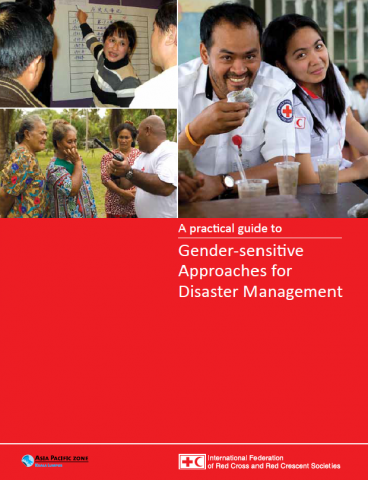Urban WASH in Emergencies

From the 24 – 28 March 2014, RedR held a pilot course for 24 WASH experts on the subject of addressing the social, institutional and technical gaps that currently exist for water, sanitation and hygiene provision in the urban emergency context. This document, produced as a partnership between ALNAP and RedR, captures the key messages, lessons and experiences of both course facilitators and participants on the topic of WASH in urban emergency response.
Topics covered include: Stakeholders in urban WASH emergencies, urban water treatment, urban sanitation, urban WASH assessments, waste management, vector control and hygiene promotion. The report includes case study examples from Somalia, Indonesia, Syria, Zimbabwe, Haiti and Lebanon
